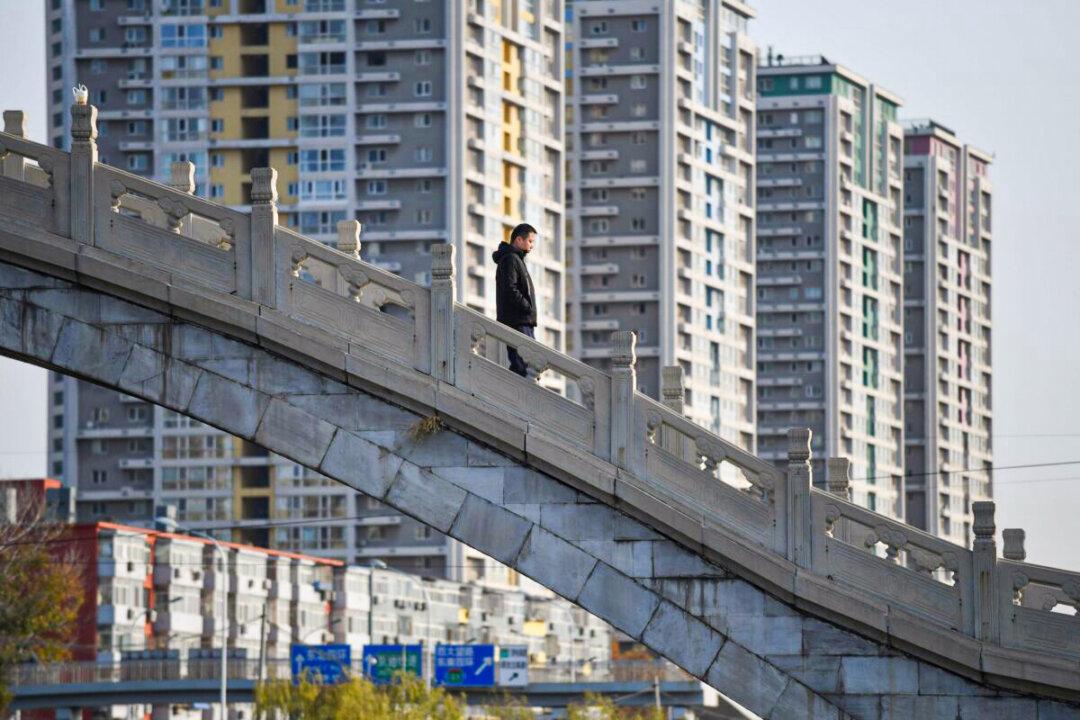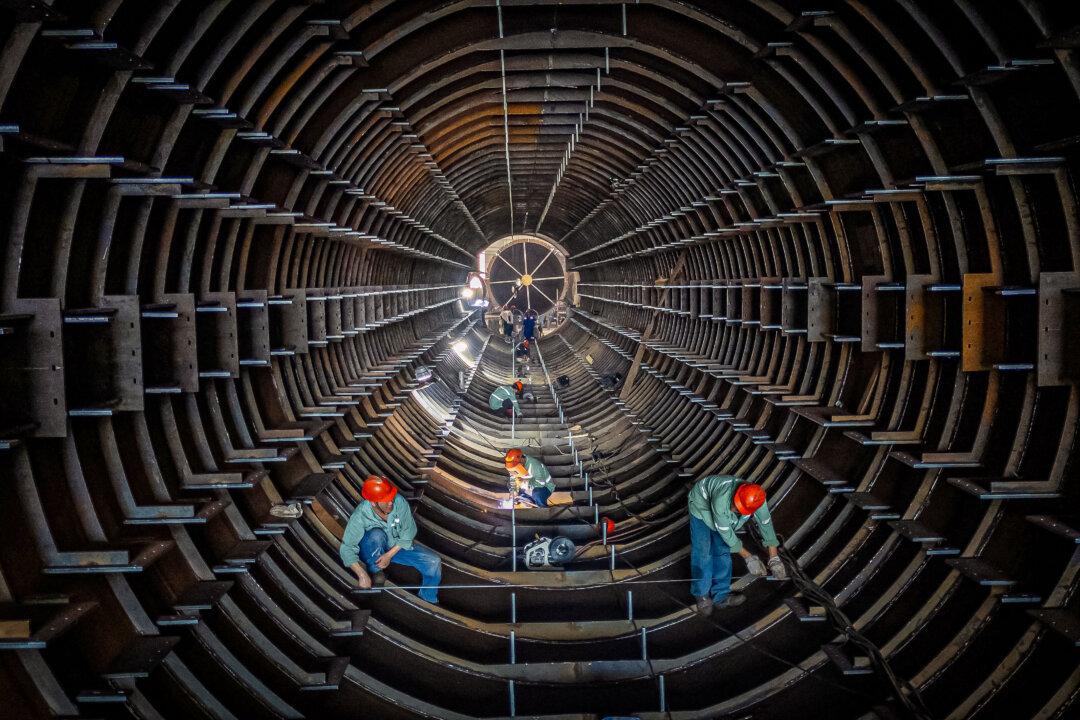Against the backdrop of successive real estate industry defaults and the early signs of a market bubble burst, the Chinese Communist Party (CCP) has rolled out a series of groundbreaking “housing reform” policies, sparking much debate.
The policies call for a dual-track system emphasizing affordable housing, which signifies a significant departure in the Chinese real estate market.





